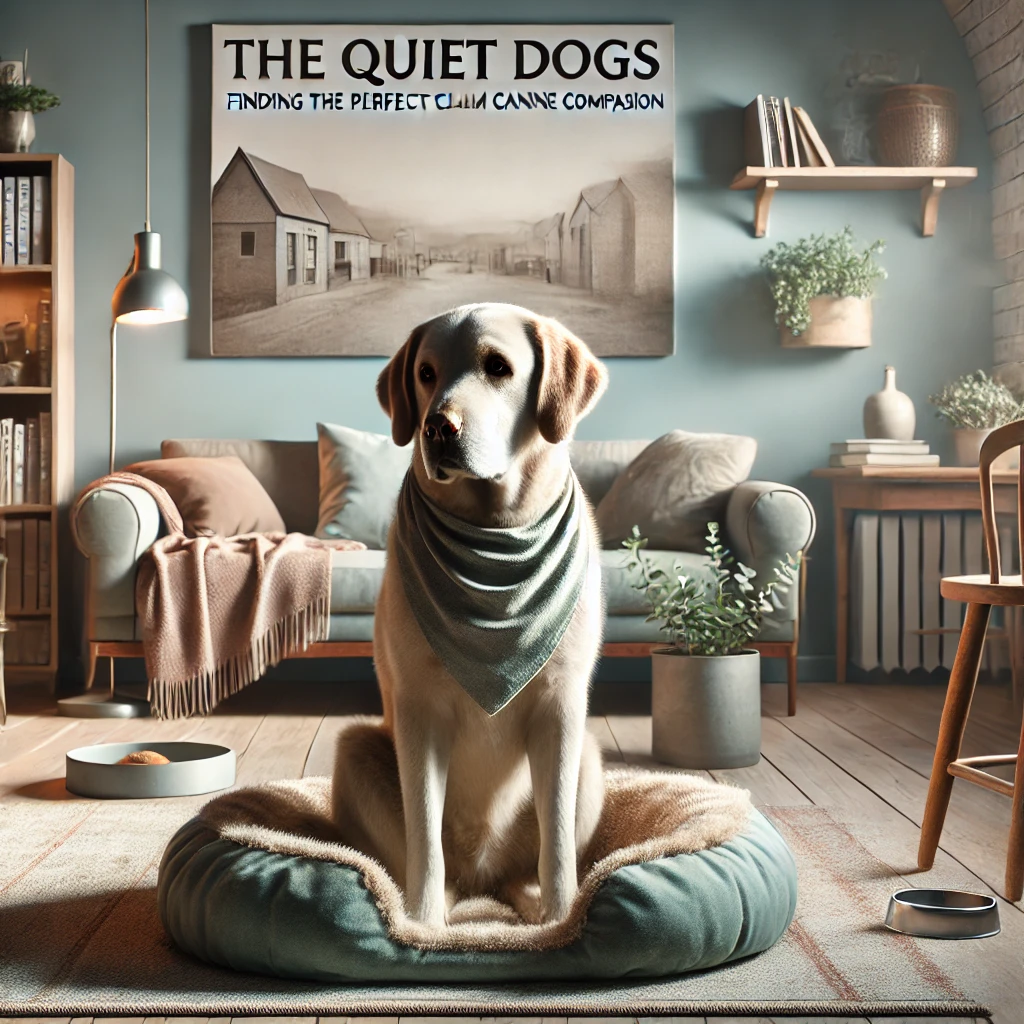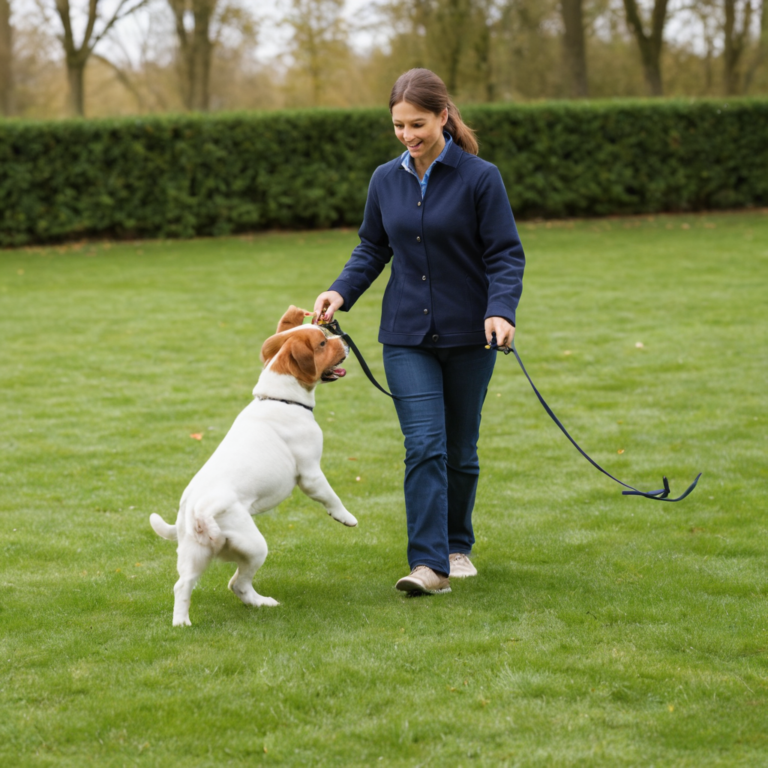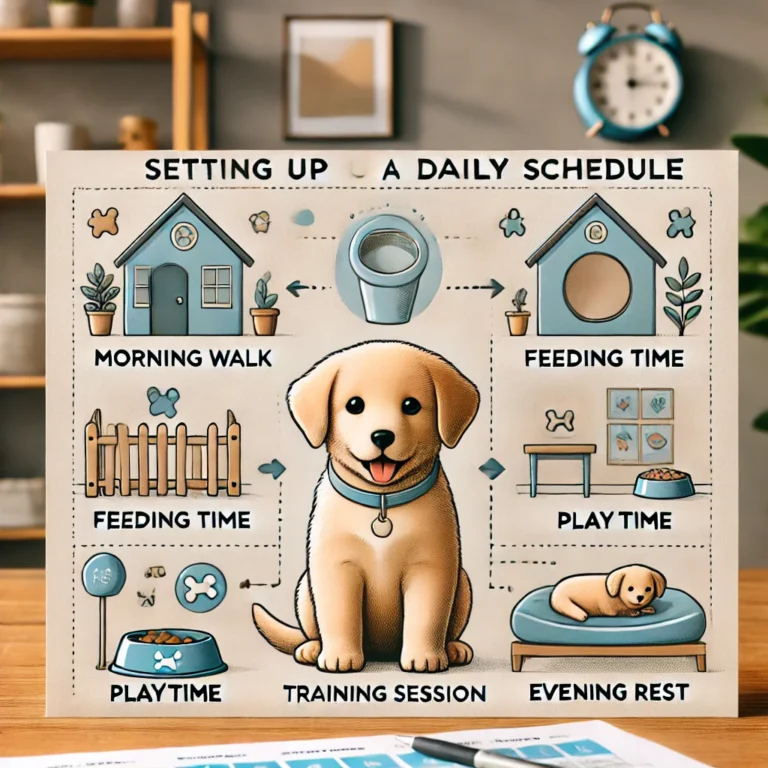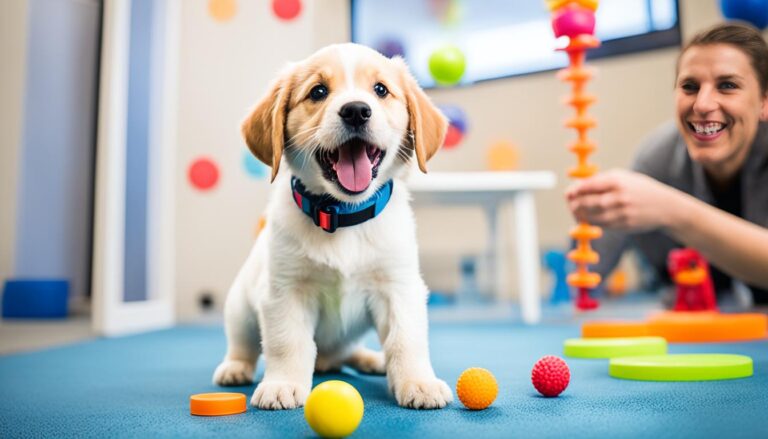The Quiet Dogs: Finding the Perfect Calm Canine Companion
When looking for the perfect canine companion, many people prioritize a dog that is quiet and calm. Quiet dogs can be a great fit for a variety of living situations, including apartments and homes with close neighbors. This guide will help you understand what makes a dog quiet, identify the top quiet dog breeds, and provide tips for training and caring for a quiet dog.
Understanding Quiet Dog Breeds
What Makes a Dog Quiet?
Quiet dogs are often characterized by their calm demeanor and low-energy behavior. These traits can be influenced by genetics, breeding practices, and individual temperament. Typically, quiet dogs are less likely to bark excessively, making them ideal for environments where noise control is essential.
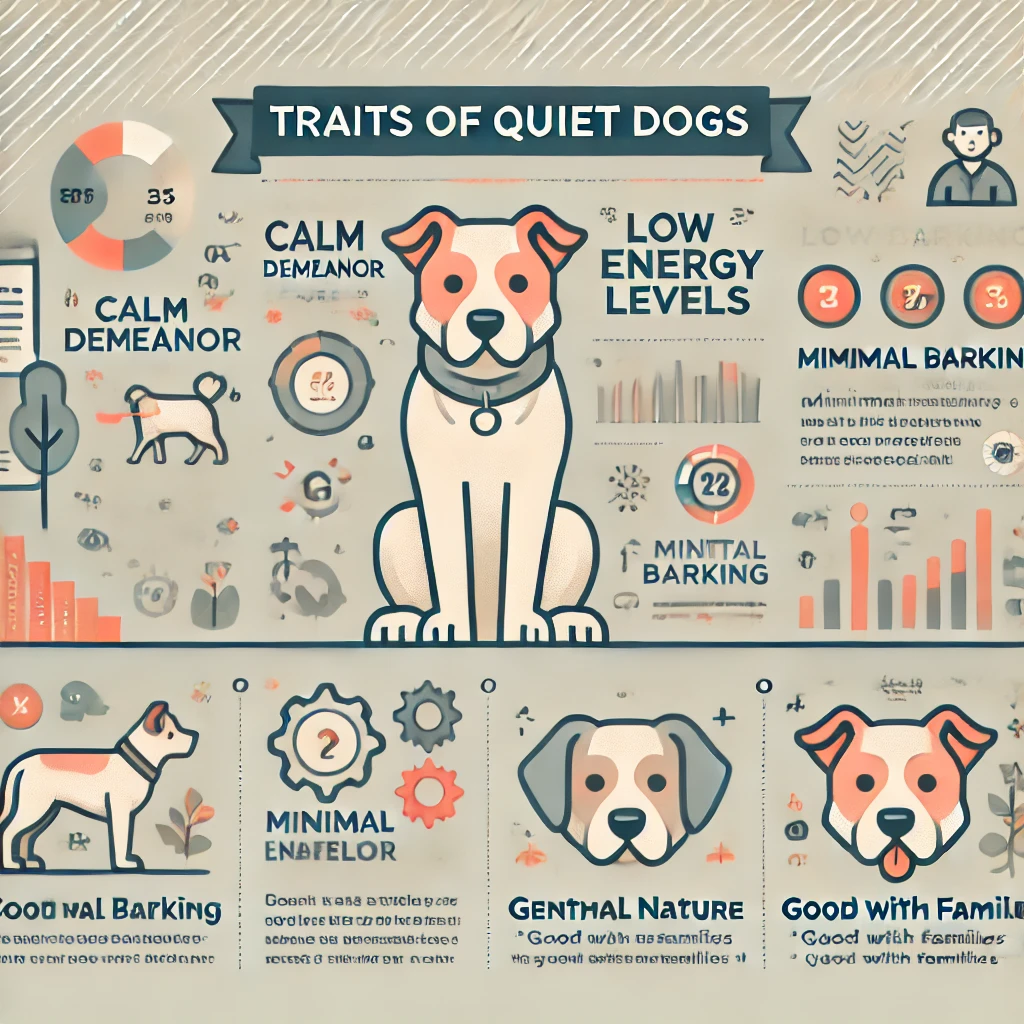
Top 10 Quiet Dog Breeds
Small and Quiet Dog Breeds
- French Bulldog: Known for their affectionate and playful nature, French Bulldogs are relatively quiet and adapt well to apartment living.Image: French Bulldog sitting in an apartment.
- Cavalier King Charles Spaniel: This breed is gentle, friendly, and known for being quiet, making them perfect companions for families and seniors.Image: Cavalier King Charles Spaniel playing with a child.
Medium-Sized Quiet Dog Breeds
- Basset Hound: Basset Hounds are laid-back and have a calm temperament, making them one of the quietest dog breeds.Image: Basset Hound lying on a couch.
- Whippet: Whippets are gentle and affectionate, and their quiet nature makes them ideal pets for both families and singles.Image: Whippet lounging in a backyard.
Large and Quiet Dog Breeds
- Greyhound: Despite their racing background, Greyhounds are surprisingly calm and quiet, often preferring to lounge around the house.Image: Greyhound relaxing indoors.
- Great Dane: Known as gentle giants, Great Danes are quiet and friendly, making them excellent pets for families with space.Image: Great Dane resting in a spacious living room.
Benefits of Having a Quiet Dog
Ideal for Apartment Living
Quiet dogs are perfect for apartment living as they bark less and require less space. Breeds like the French Bulldog and Cavalier King Charles Spaniel are great examples of dogs that thrive in smaller living spaces due to their calm nature and minimal barking.
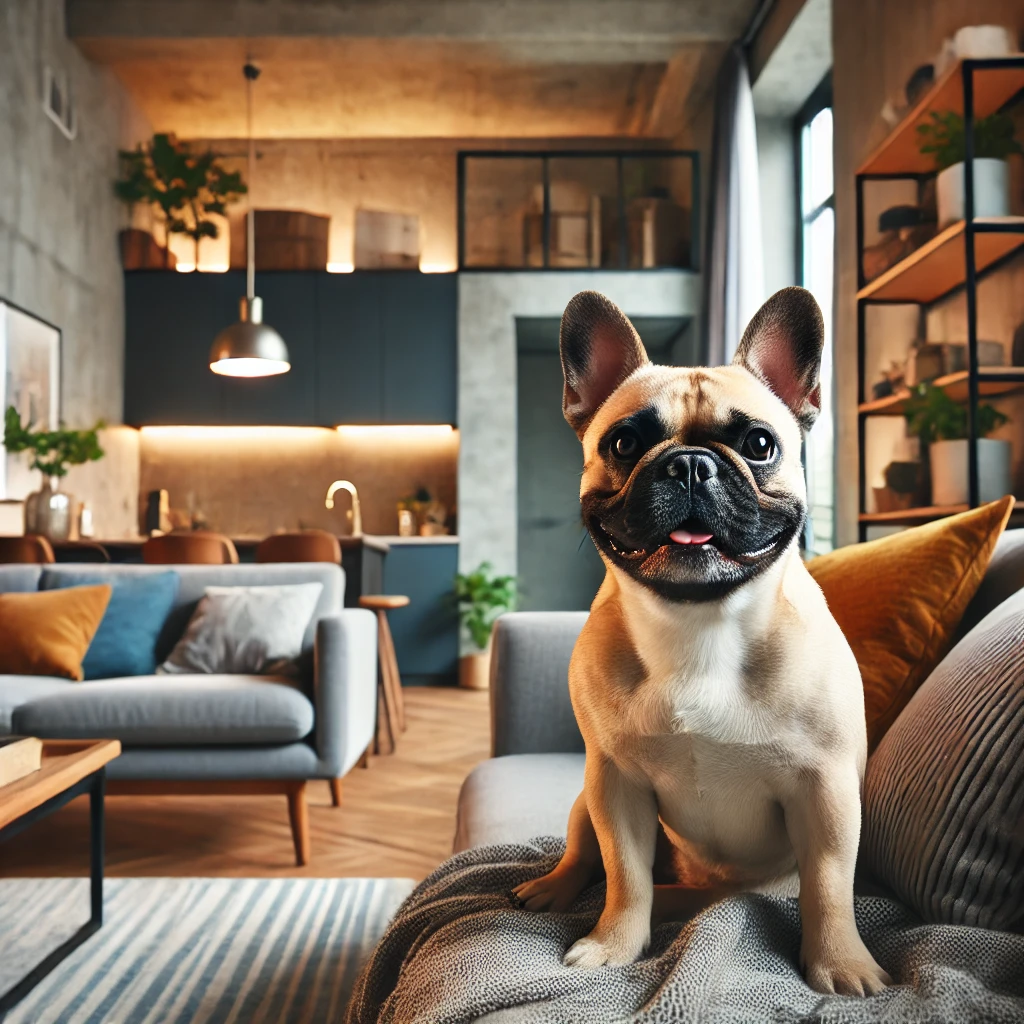
Great Companions for Seniors
Quiet dogs are often easier to handle and require less physical activity, making them ideal companions for seniors. Their calm demeanor and gentle nature provide comfort and companionship without the high energy levels of more active breeds.
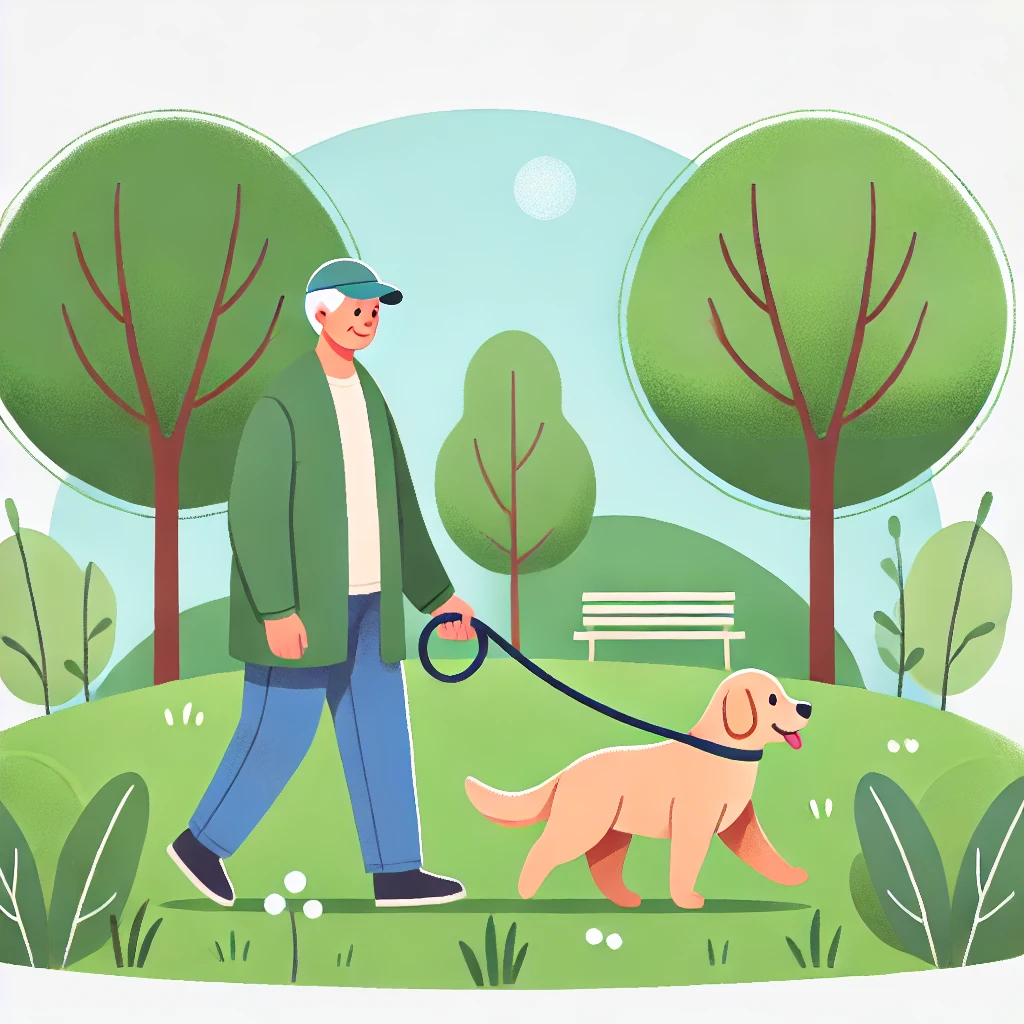
Training Tips for a Quiet Dog
Early Socialization
Early socialization is crucial for quiet dogs to ensure they remain calm and well-adjusted. Exposing them to various environments, people, and other animals helps reduce anxiety and encourages positive behavior. Positive reinforcement techniques, such as treats and praise, can be effective in training quiet dogs.
I

Managing Barking Behavior
Identifying triggers that cause barking is essential in managing a quiet dog’s behavior. Consistent training methods, such as redirecting their attention and rewarding quiet behavior, can help reduce excessive barking. Tools like clickers and calm commands can be useful in reinforcing desired behavior.
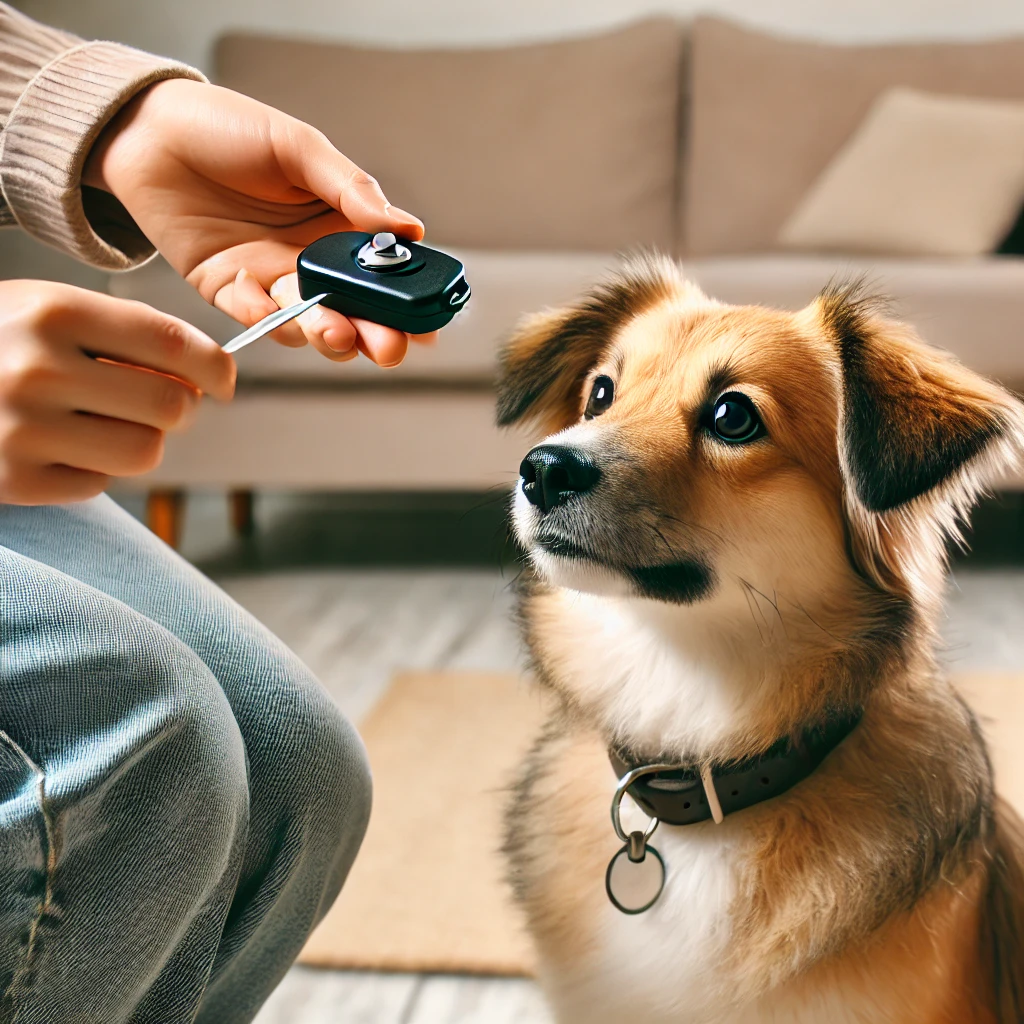
Low-Maintenance Dog Breeds
Dogs That Require Minimal Grooming
- Boxer: Boxers have short coats that require minimal grooming, making them low-maintenance pets.Image: Boxer being brushed.
- Beagle: Beagles are also easy to groom and have a quiet, friendly demeanor.Image: Beagle enjoying a grooming session.
Dogs With Low Exercise Needs
- Pug: Pugs are known for their low energy levels and minimal exercise needs, making them ideal for quieter households.Image: Pug resting on a couch.
- Shih Tzu: Shih Tzus are content with moderate exercise and are relatively quiet, making them suitable for apartments and small homes.Image: Shih Tzu sitting comfortably indoors.
Common Misconceptions About Quiet Dogs
Quiet Dogs Are Not Less Playful
It’s a common misconception that quiet dogs are less playful. Many quiet dog breeds, such as the Cavalier King Charles Spaniel and Whippet, are playful and enjoy engaging activities. Providing interactive toys and regular playtime ensures they stay mentally and physically stimulated.
Choosing the Right Quiet Dog for Your Lifestyle
Assessing Your Living Situation
When choosing a quiet dog, consider your living situation. Smaller breeds like the French Bulldog are suitable for apartments, while larger breeds like the Greyhound require more space. Noise tolerance is also important, as some dogs may be more sensitive to loud environments.
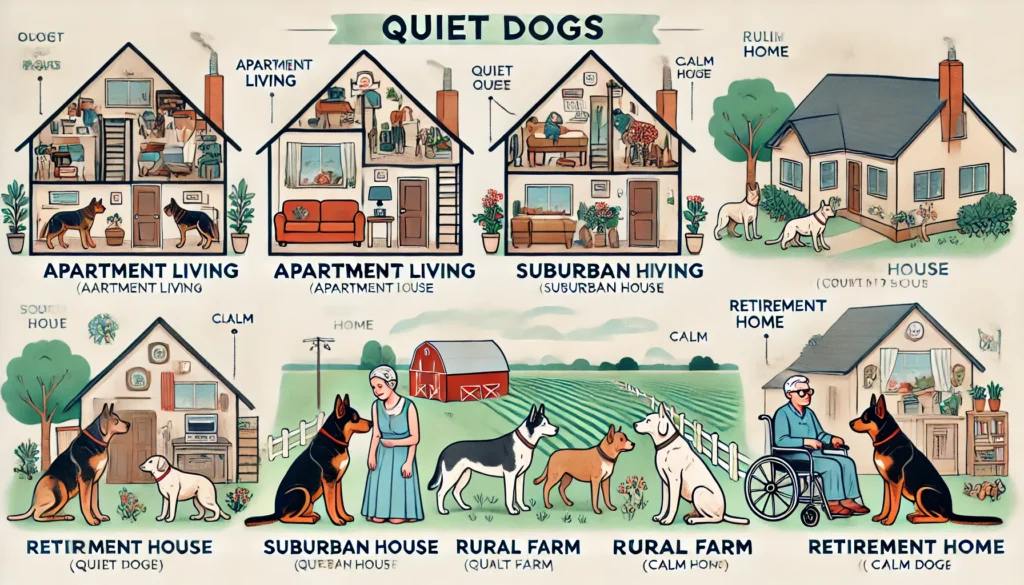
Matching Energy Levels
Finding a dog that matches your activity level is crucial for a harmonious relationship. Quiet dogs like the Basset Hound and Great Dane have lower energy levels, making them suitable for more relaxed lifestyles. Establishing a routine and providing structure helps maintain their calm demeanor.
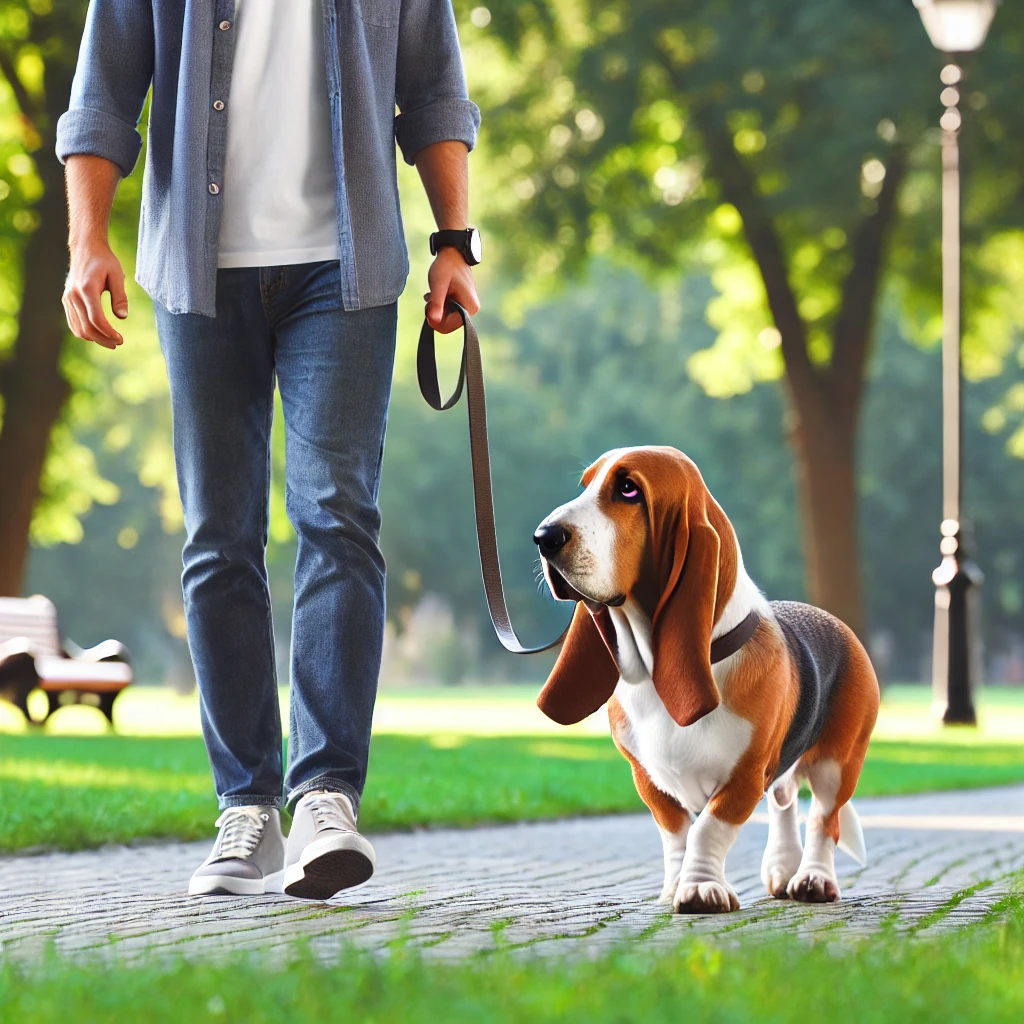
Frequently Asked Questions About Quiet Dogs
Are Quiet Dogs Harder to Train?
No, quiet dogs are not necessarily harder to train. Many quiet breeds are intelligent and respond well to positive reinforcement techniques. Consistent training and early socialization are key to a well-behaved quiet dog.
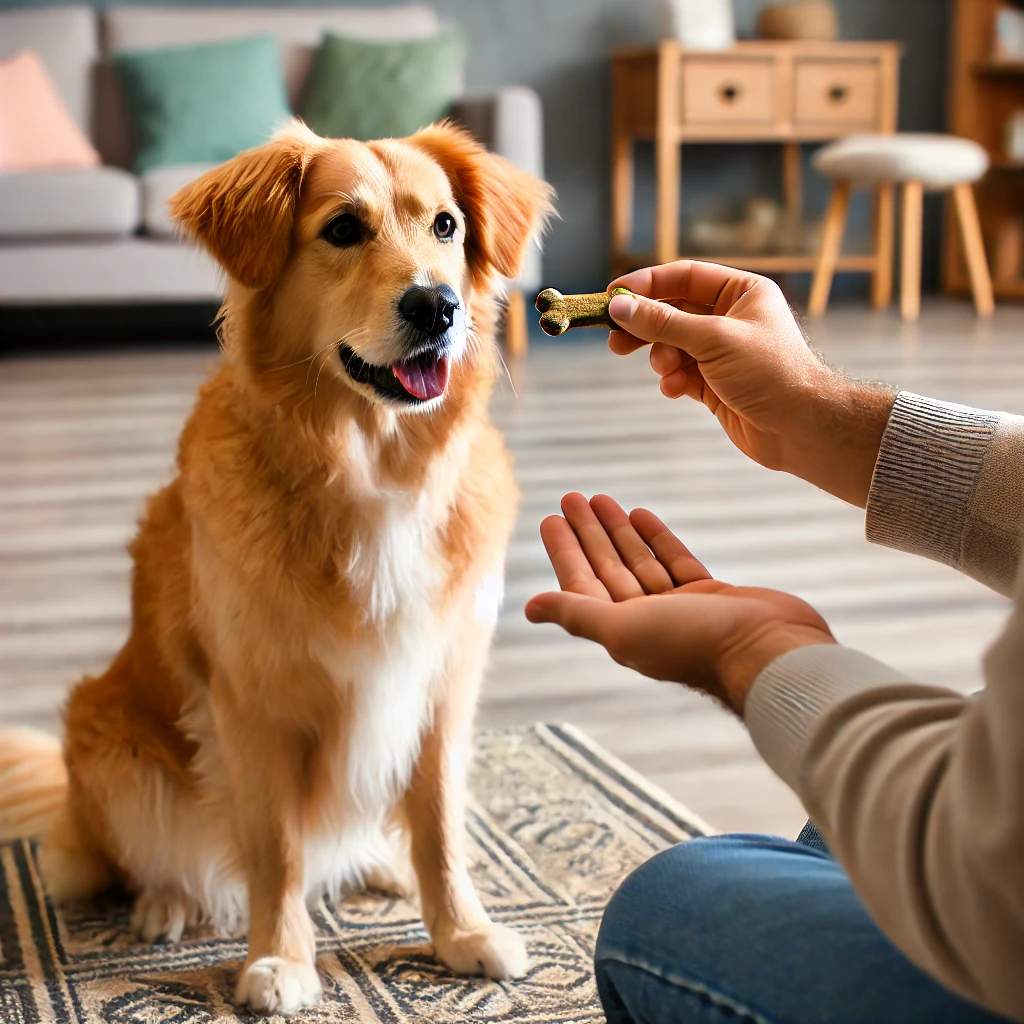
Do Quiet Dogs Have Health Issues?
Quiet dogs do not inherently have more health issues than other breeds. However, it’s essential to research specific breeds and be aware of any common health concerns. Regular veterinary check-ups and a healthy diet can help maintain their well-being.

How Do I Know If a Quiet Dog Is Right for Me?
Assess your lifestyle, living situation, and energy levels to determine if a quiet dog is a good fit. Quiet dogs are ideal for those seeking a calm, low-energy companion that is easy to manage and requires less exercise.

Tables and Lists
Table: Comparison of Top Quiet Dog Breeds
| Breed | Size | Energy Level | Grooming Needs |
|---|---|---|---|
| French Bulldog | Small | Low | Low |
| Cavalier King Charles | Small | Moderate | Moderate |
| Basset Hound | Medium | Low | Low |
| Whippet | Medium | Moderate | Low |
| Greyhound | Large | Moderate | Low |
| Great Dane | Large | Low | Low |
| Boxer | Medium | High | Low |
| Beagle | Small | Moderate | Low |
| Pug | Small | Low | Moderate |
| Shih Tzu | Small | Low | Moderate |
Image: Infographic comparing top quiet dog breeds.
List: Top 5 Benefits of Owning a Quiet Dog
- Ideal for apartment living
- Great companions for seniors
- Low maintenance in terms of grooming and exercise
- Calm and gentle nature
- Easier to train with consistent methods
List: Training Tools for Quiet Dogs
- Clicker
- Treats
- Calm commands
- Interactive toys
- Positive reinforcement
Images and Videos
Images:
- Pictures of each quiet dog breed mentioned.
- Infographic on the benefits of quiet dogs.
Videos:
- Training tips for quiet behavior.
- Interviews with owners of quiet dog breeds.

